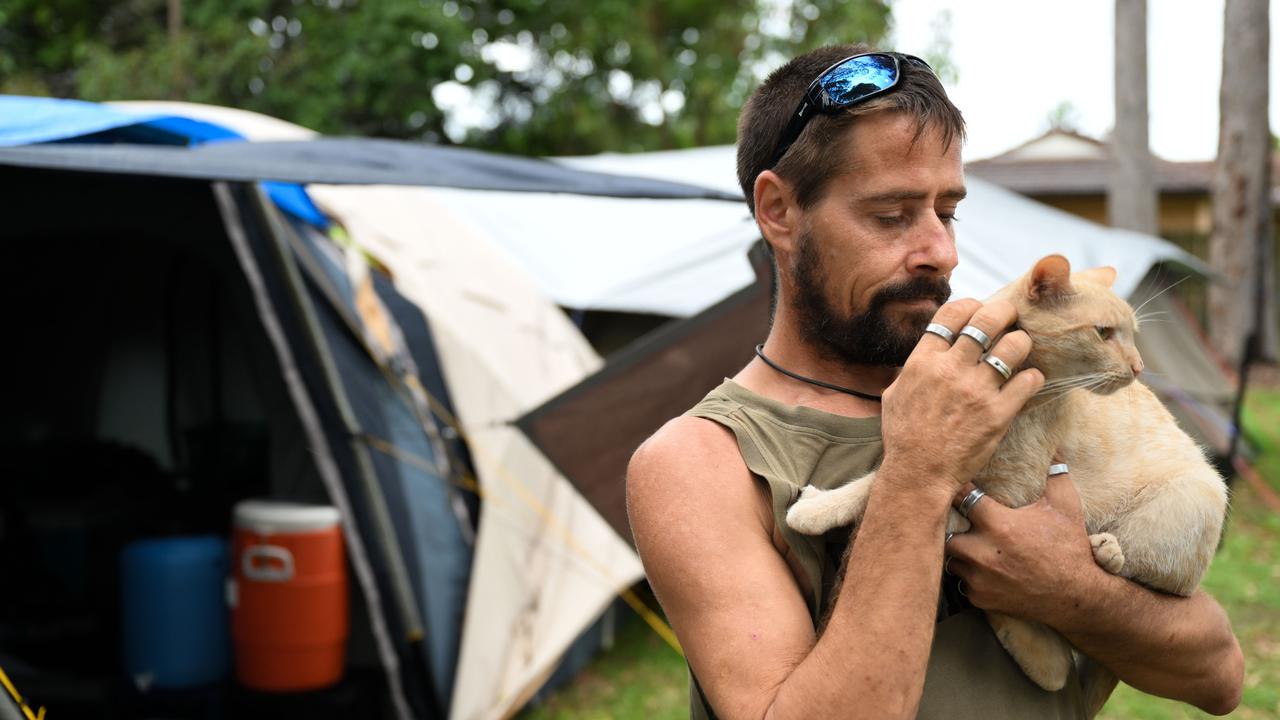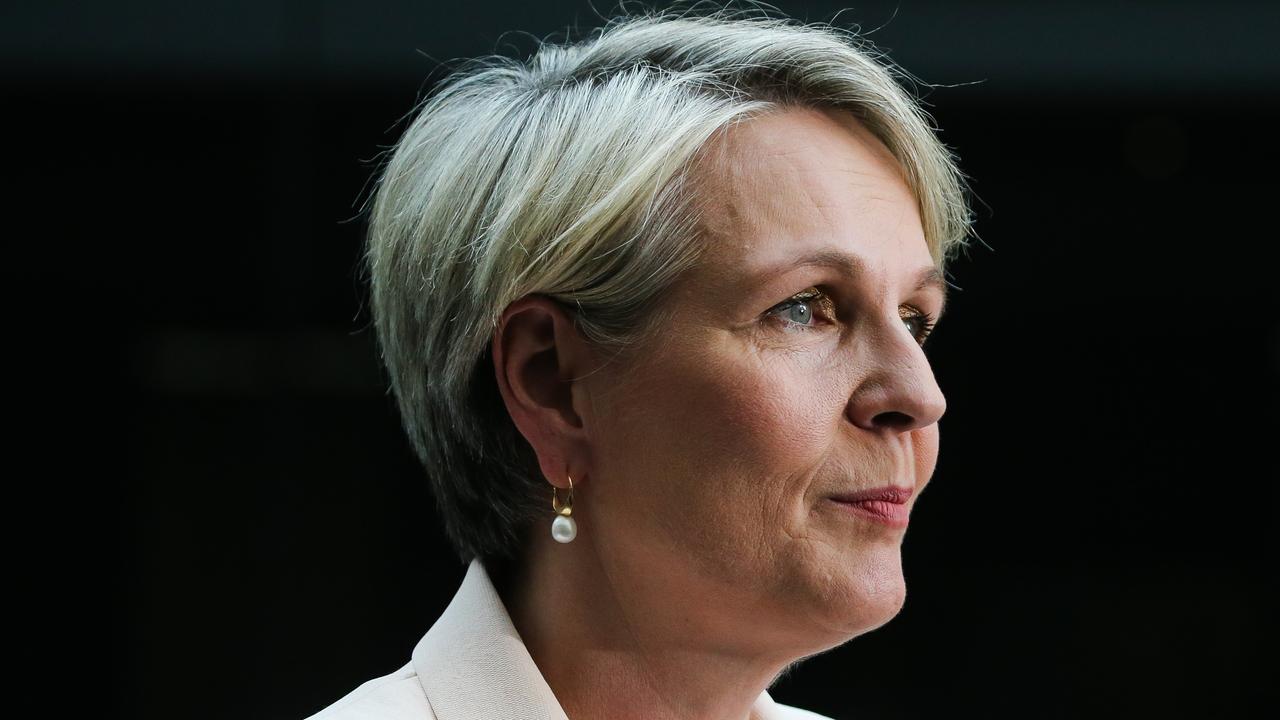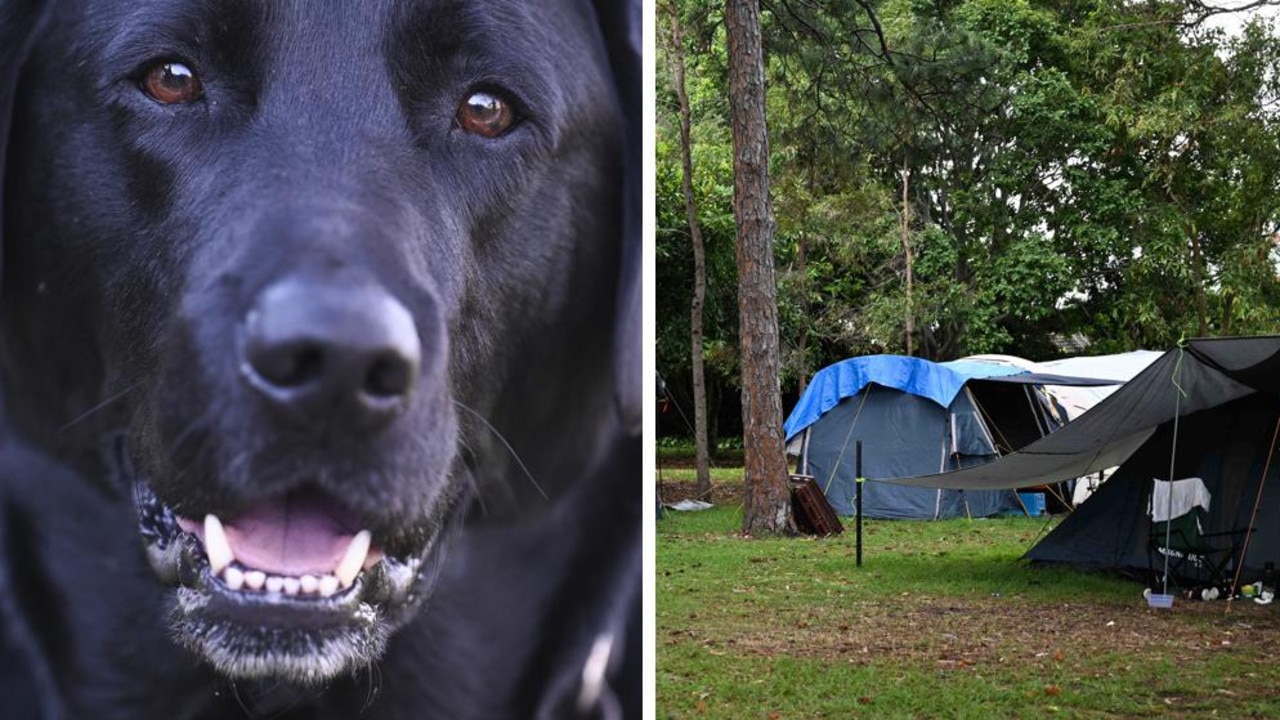Queensland parliament debates whether to add four more seats
IN JUST a few hours and with zero consultation, State Parliament has signed off on a bigger change to Queensland’s democracy than the introduction of fixed-four year terms.
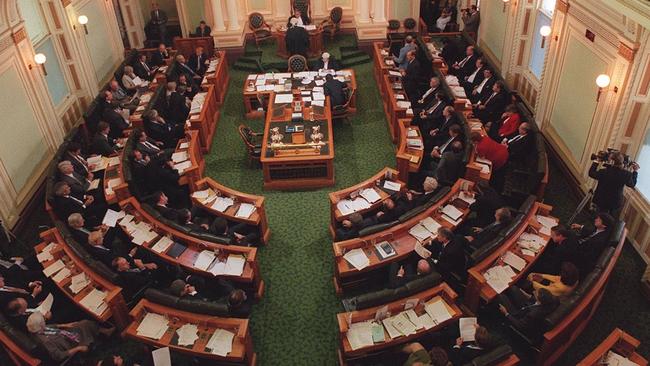
- Preferential voting: Queensland Government’s legislative mess
- Preferential voting: Queensland Government move tactically brilliant
OPPOSITION Leader Lawrence Springborg has reacted to Labor’s controversial change to the voting system, saying Labor had always planned to introduce compulsory preferential voting and was “smoked out” by the LNP.
“The only thing that surprised me quite frankly was that they attached this to our Bill,” Mr Springborg told ABC Radio.
“There’s no doubt that they were going to do this anyway and our Bill basically smoked them out because there is a political advantage in Labor doing this.”
On Thursday night, in just a few hours and with zero consultation, State Parliament signed off on a bigger change to Queensland’s democracy than the introduction of fixed four-year terms — which was recently put to a referendum.
For the first time since the Fitzgerald Inquiry era, it will now be compulsory to number every square on ballot papers — a system that would have delivered Labor nine more seats at last year’s election.
In extraordinary scenes in State Parliament, Labor attached the reintroduction of compulsory preferential voting to LNP legislation to expand the number of electorates from 89 to 93 seats.
It will mean Queenslanders will have to number every box at the next state election, due in 2018, rather than pick their preferred candidate.
Last night’s voting saw farcical scenes of Labor first vehemently opposing the extra MPs laws then supporting their passing after successfully getting compulsory voting attached.
The laws overturn optional preferential voting, which has occurred in Queensland at the past nine state elections after it was introduced by Labor in the wake of the Fitzgerald Inquiry.
The laws will bolt a larger proportion of Greens votes on to Labor’s support, which has languished at around 37 per cent since the 2015 election.
Election analyst Antony Green last night predicted compulsory preferences would have won Labor an additional nine seats at last year’s election, which would have handed the Government a clear majority.
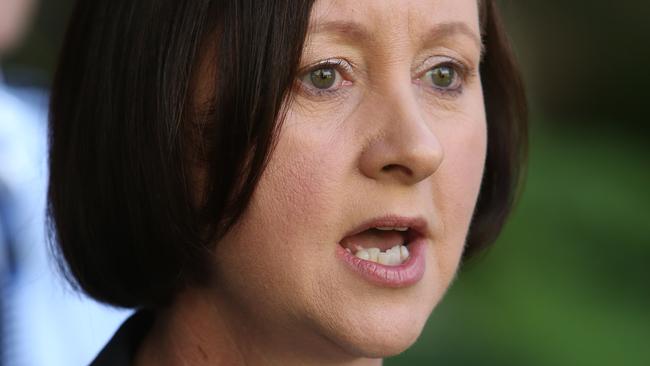
Attorney-General Yvette D’Ath last night insisted the proposal was “reasonable” amid confusion between federal and state voting practices.
“We’ve already brought ourself into line with other states with the four-year fixed terms; we believe this is another opportunity to deal with that confusion,” she said.
Her comments echoed similar claims about optional preferential voting made by the Bligh government before the 2012 election, when it was haunted by a low primary vote and faced electoral annihilation.
However, they strongly conflict with the principles the Goss government espoused when introducing the voting reforms after Tony Fitzgerald’s groundbreaking report.
The LNP last night spent hours filibustering through the debate as its push to expand MP numbers to ensure regional representation went pear-shaped.
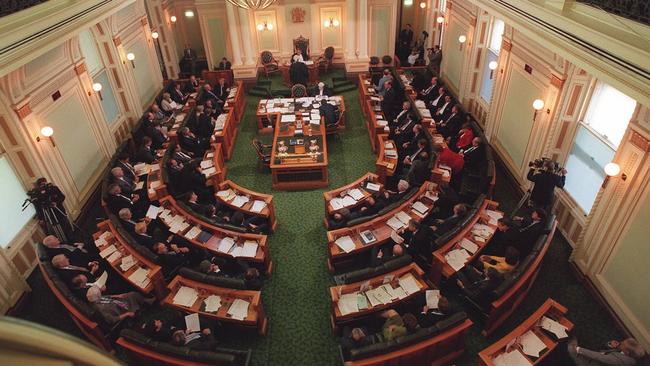
Opposition justice spokesman Ian Walker said Labor had assaulted every principle it claimed to support to manipulate voting laws to its advantage.
“Here we are going in the teeth of the Fitzgerald inquiry, no consultation with the members of this House and zero consultation with the people of Queensland,” he said.
“It’s a disgrace.”
Taxpayers will cover the $151,425 annual salary for the additional MPs, plus staff salaries, travel and car expenses, electorate allowances.
The estimated $2 million a year cost does not include any one-off costs for setting up an office, or ongoing costs such as rent or electricity.
Originally published as Queensland parliament debates whether to add four more seats



